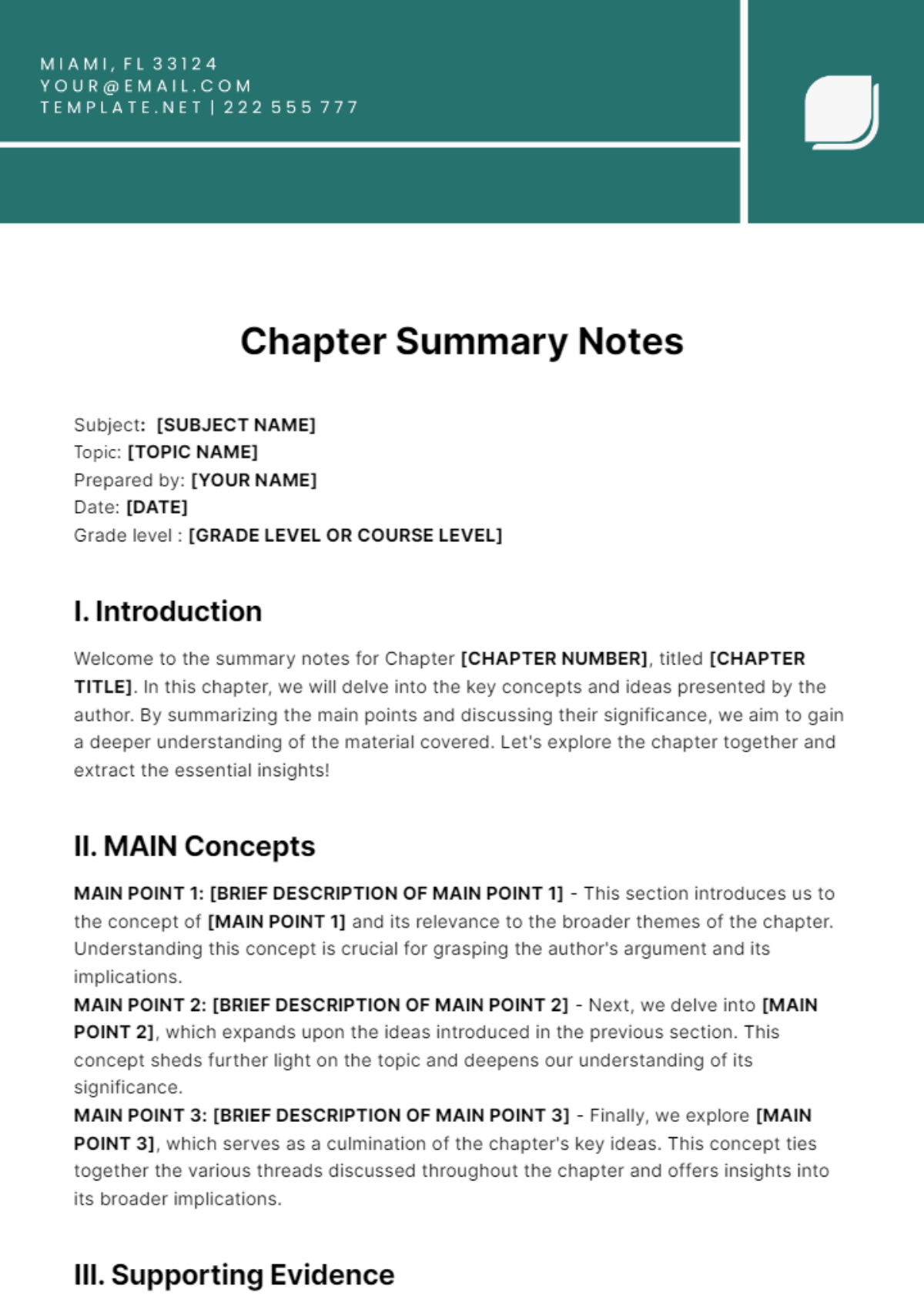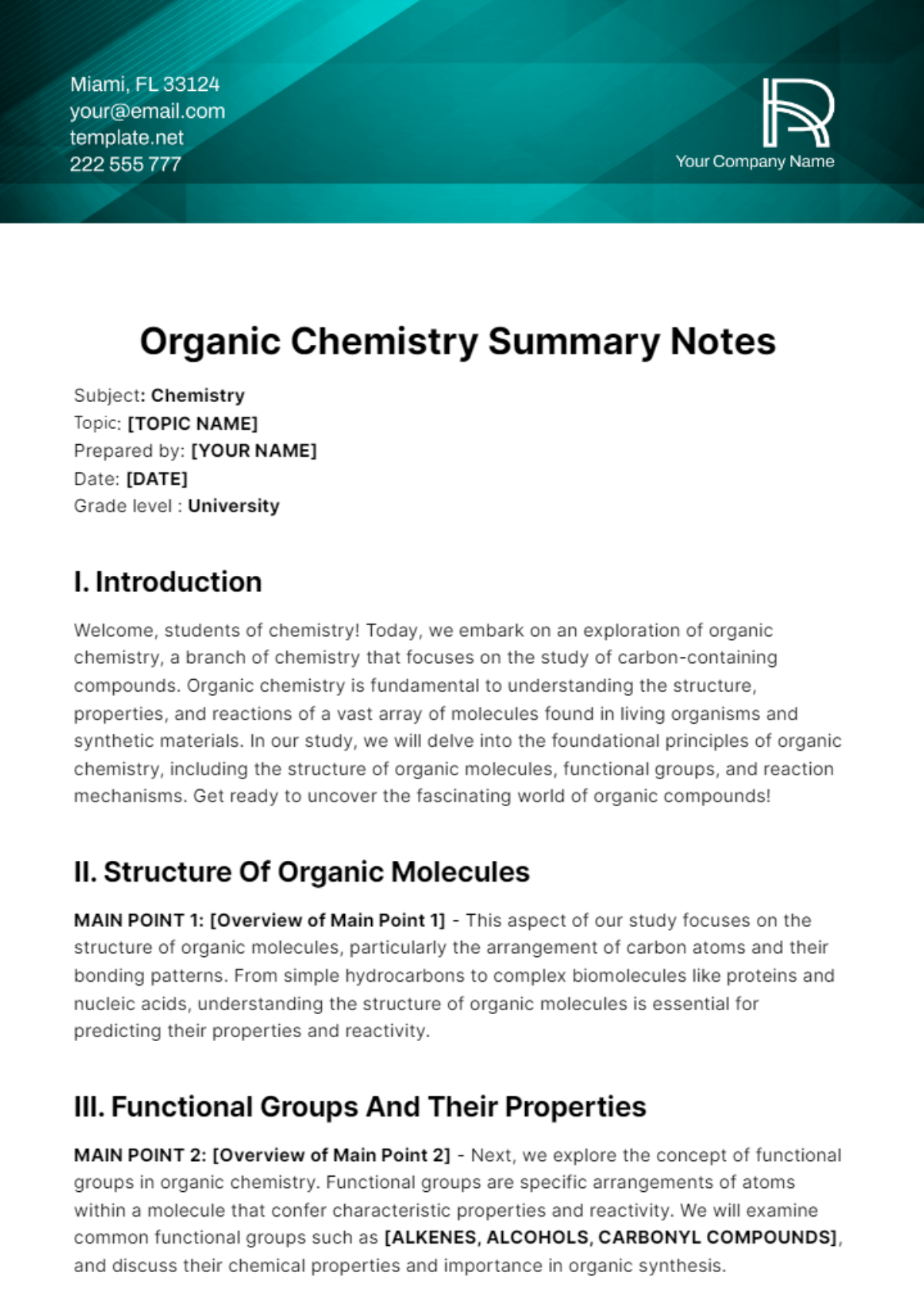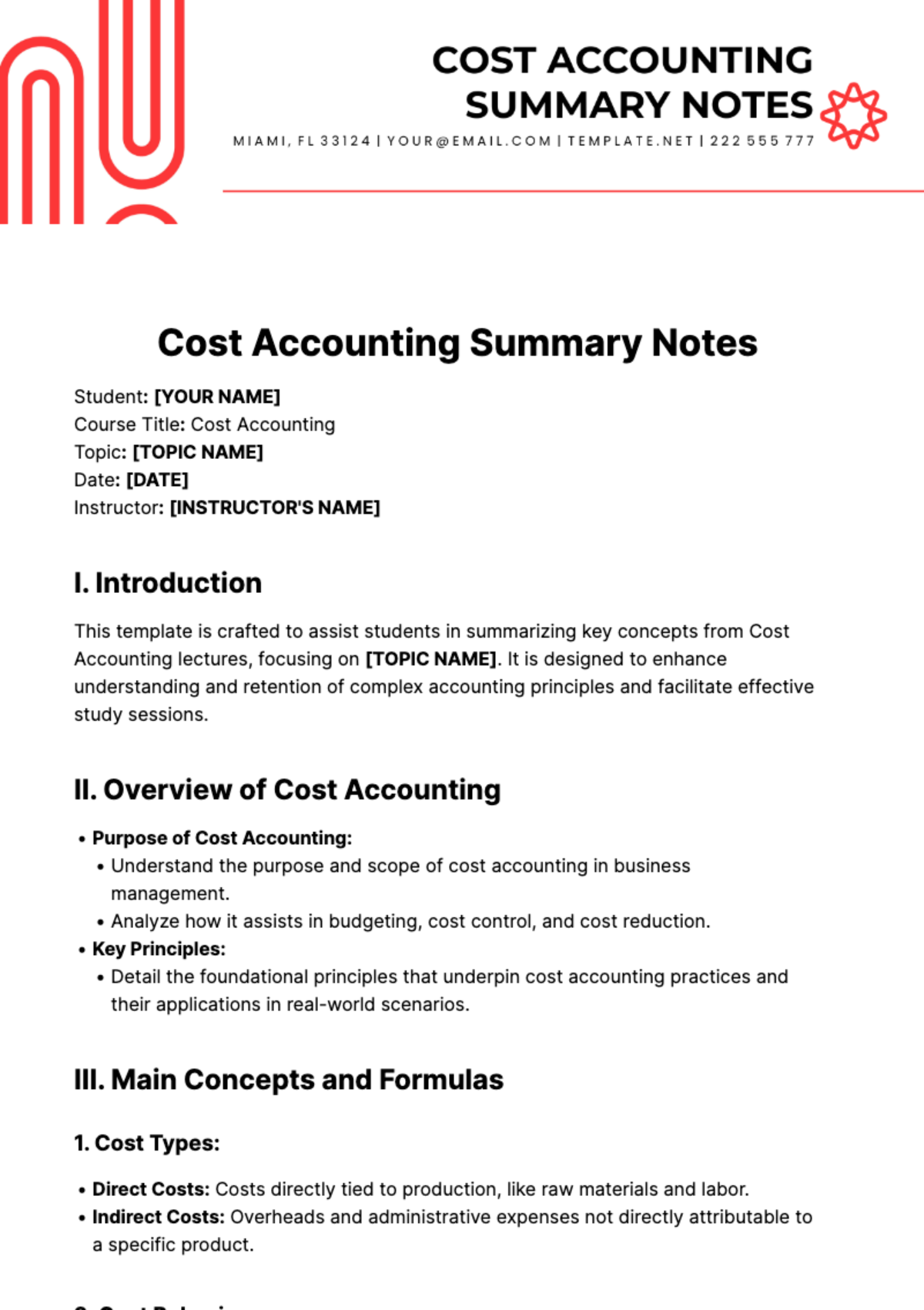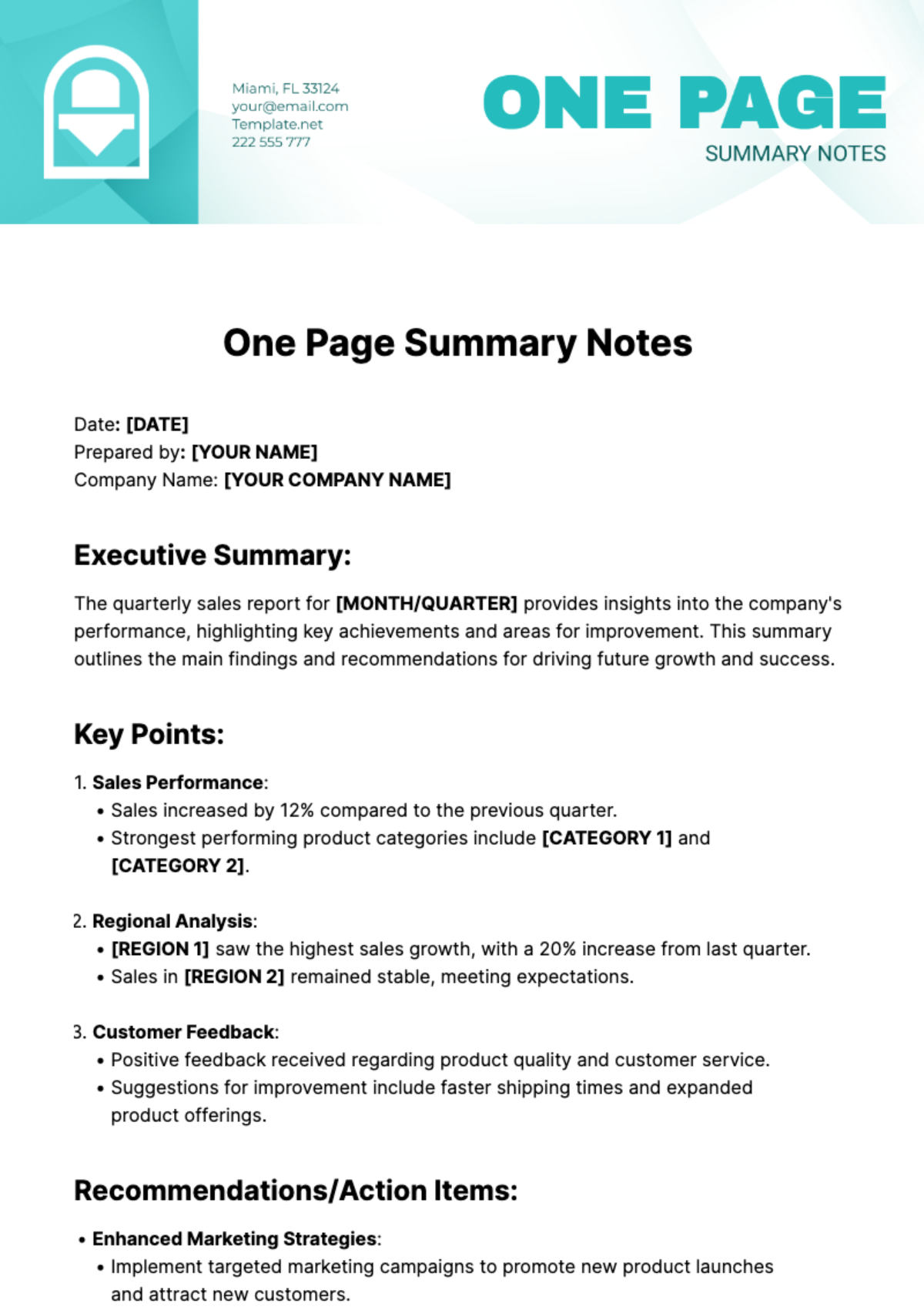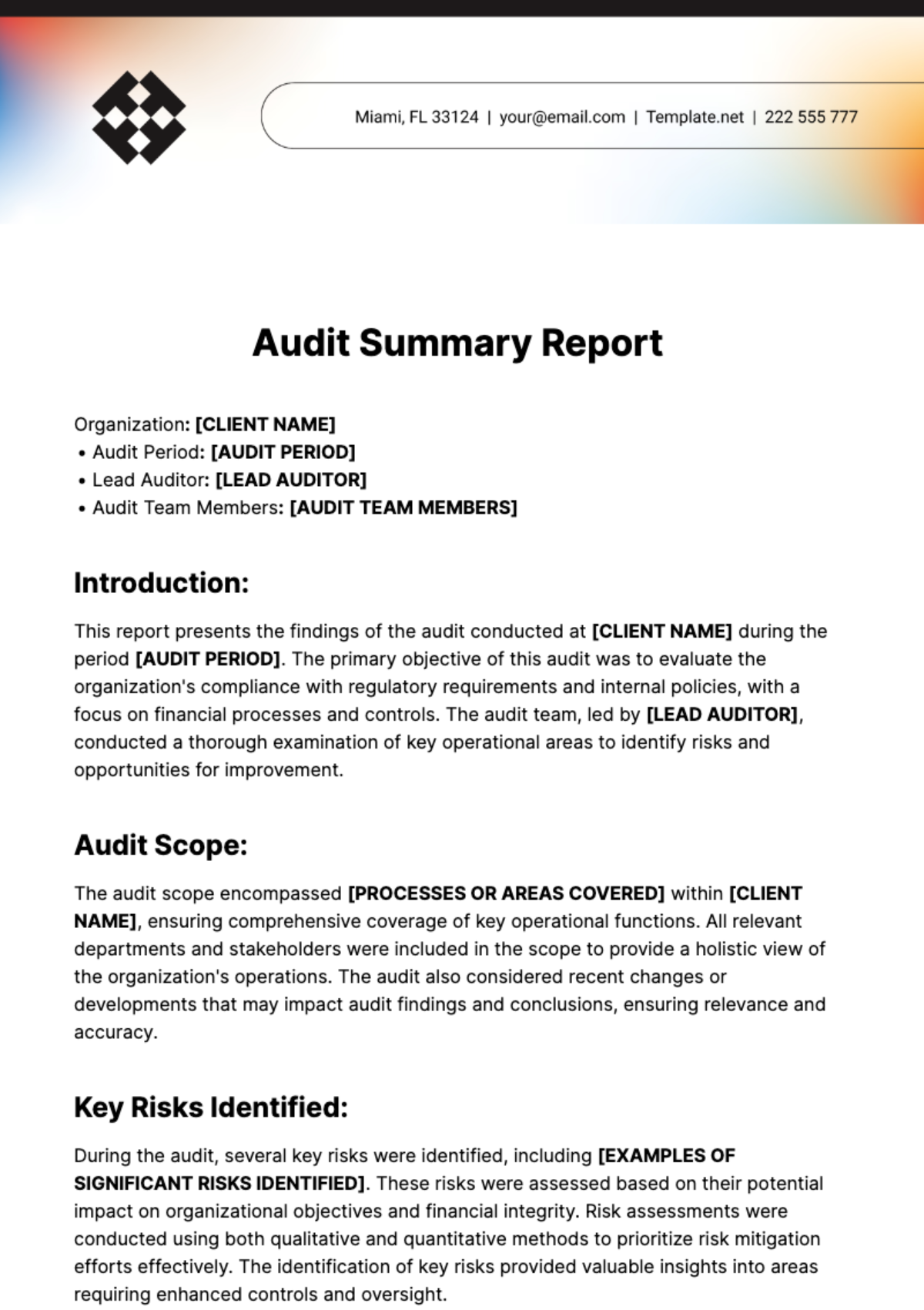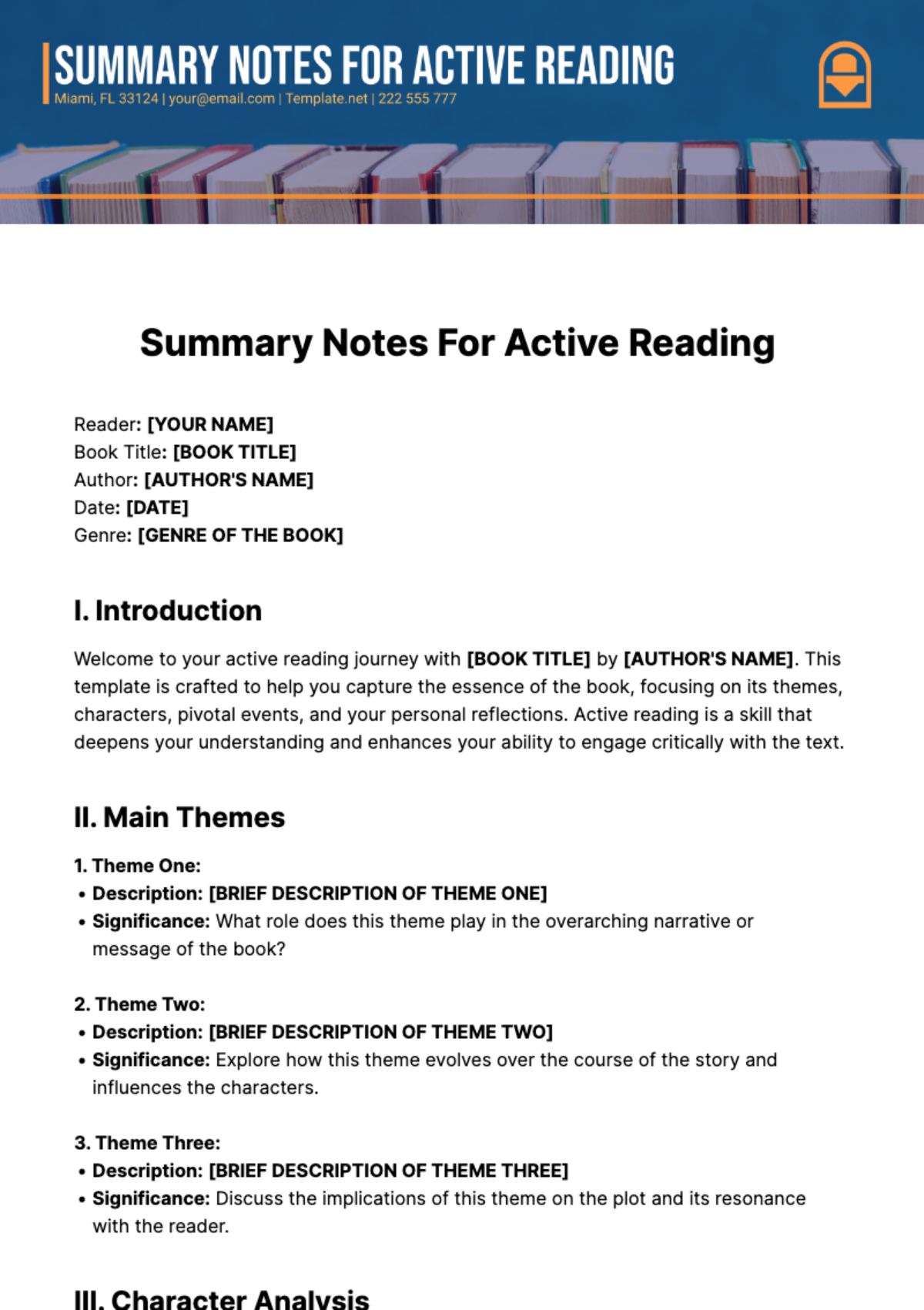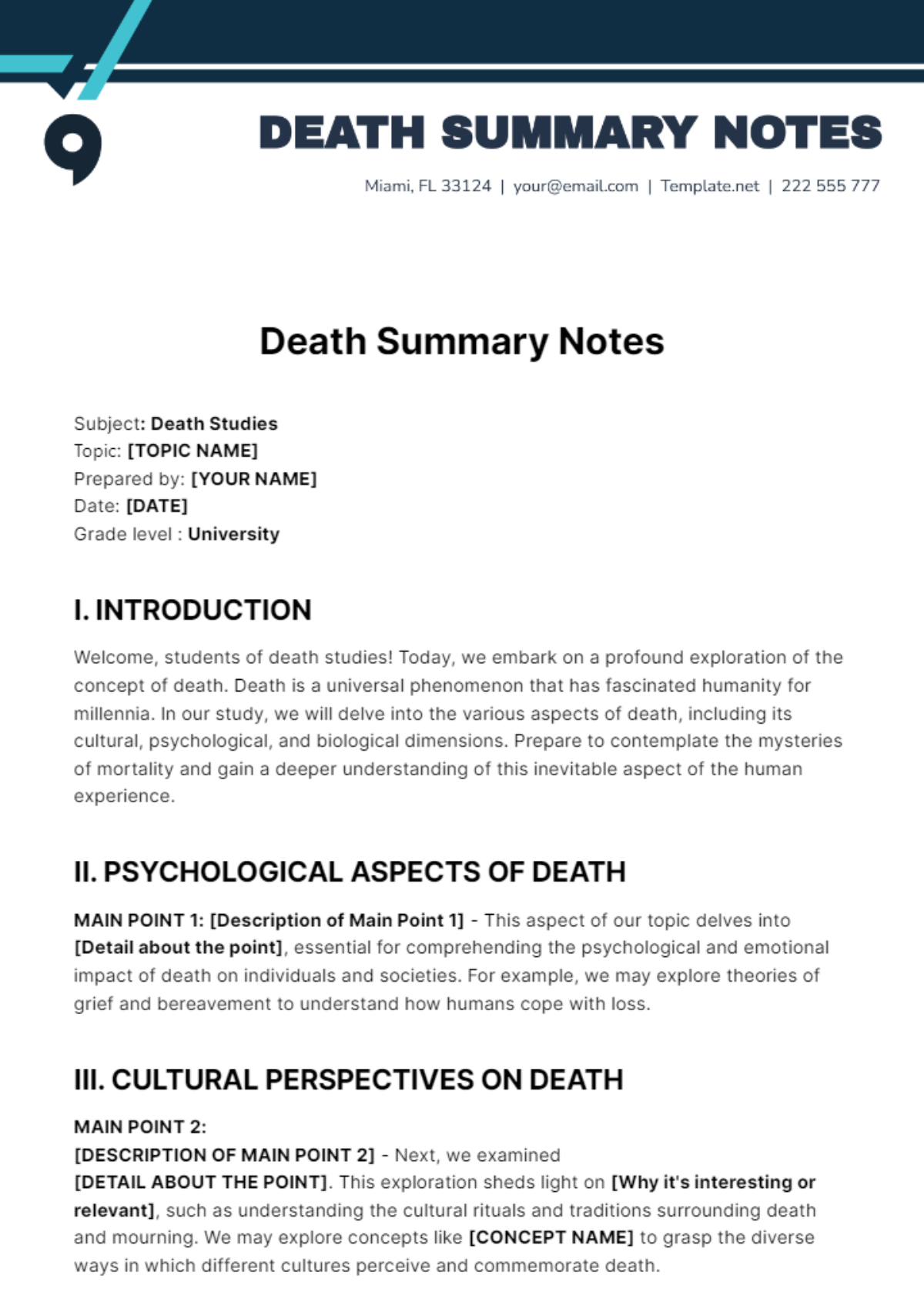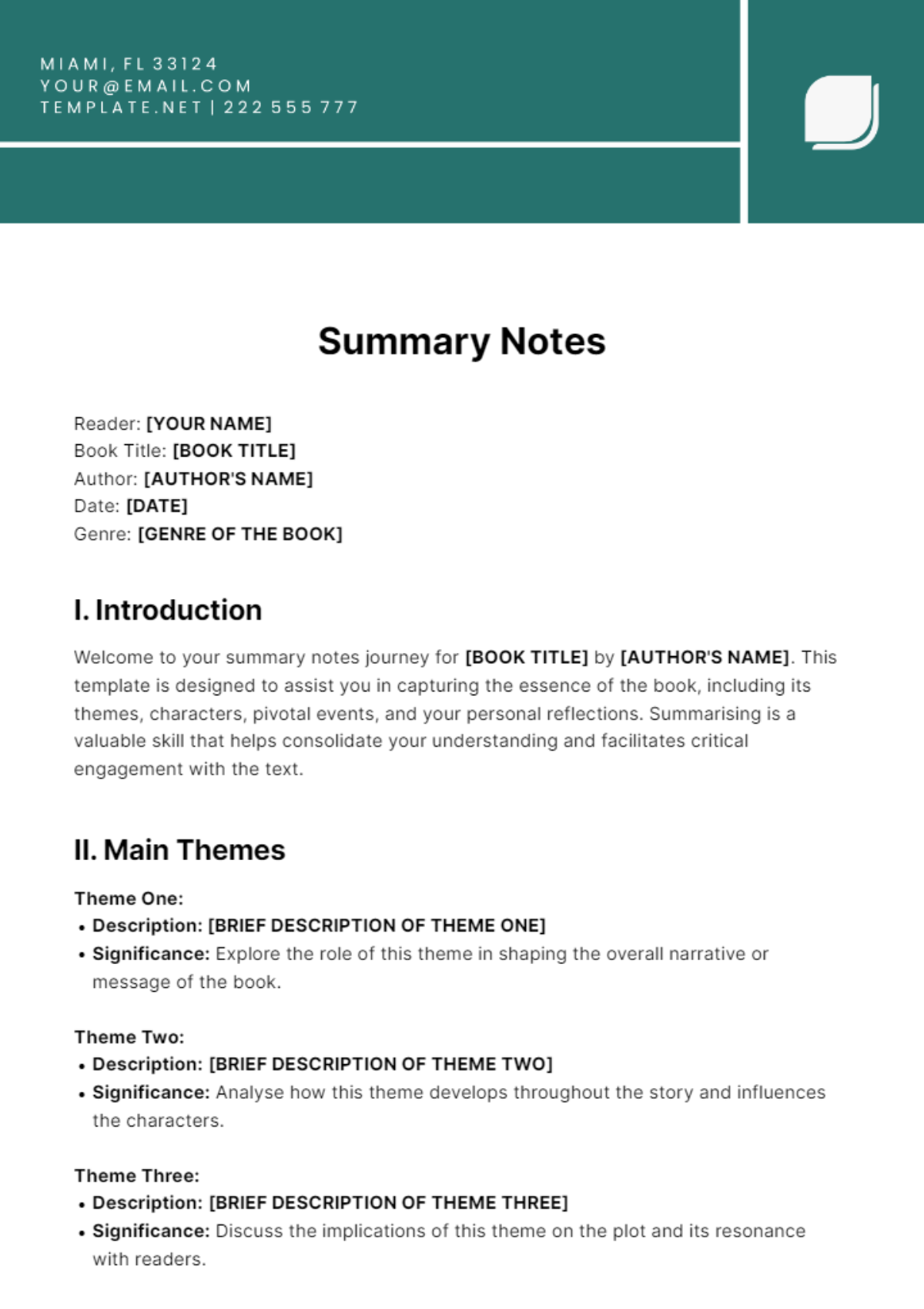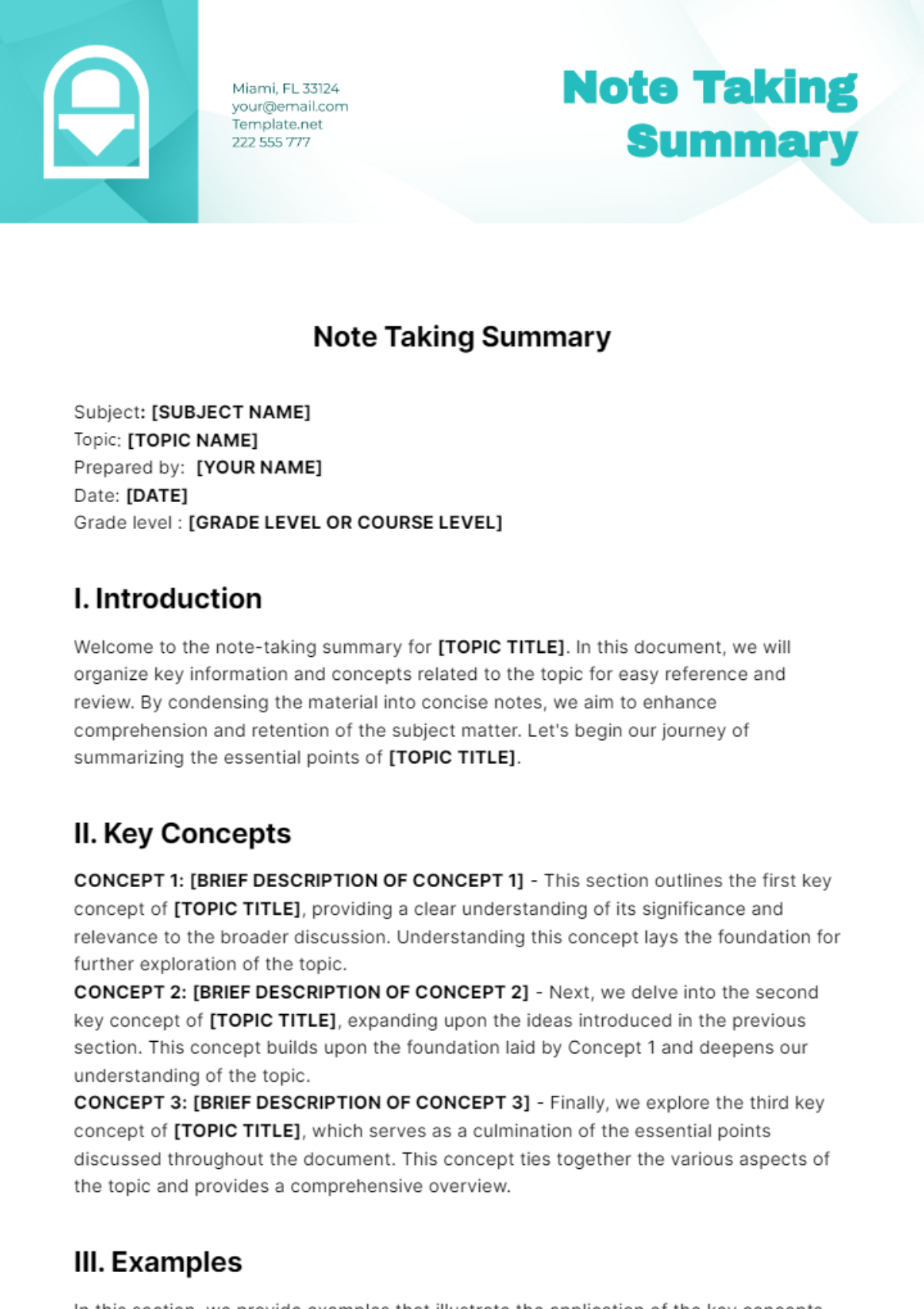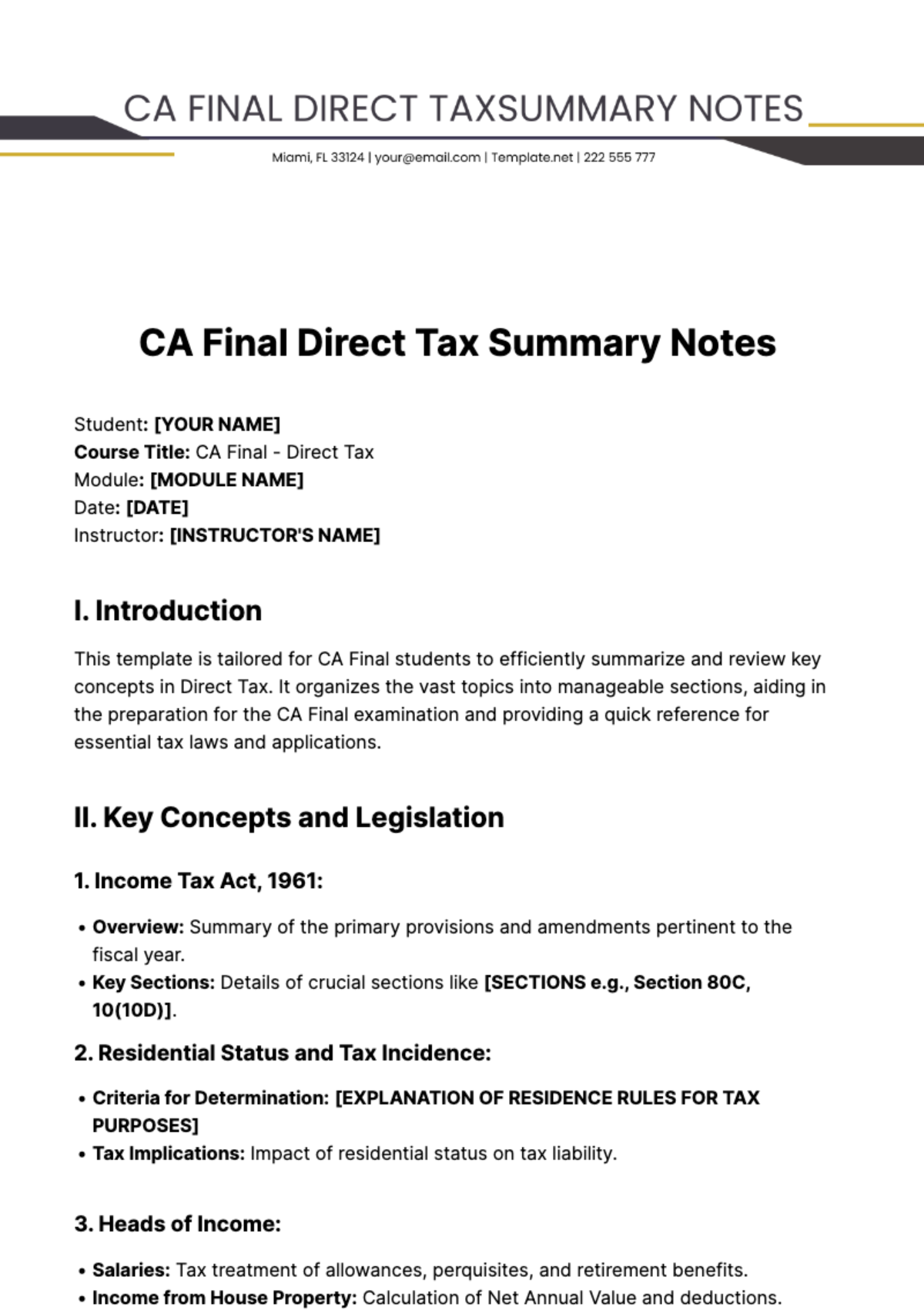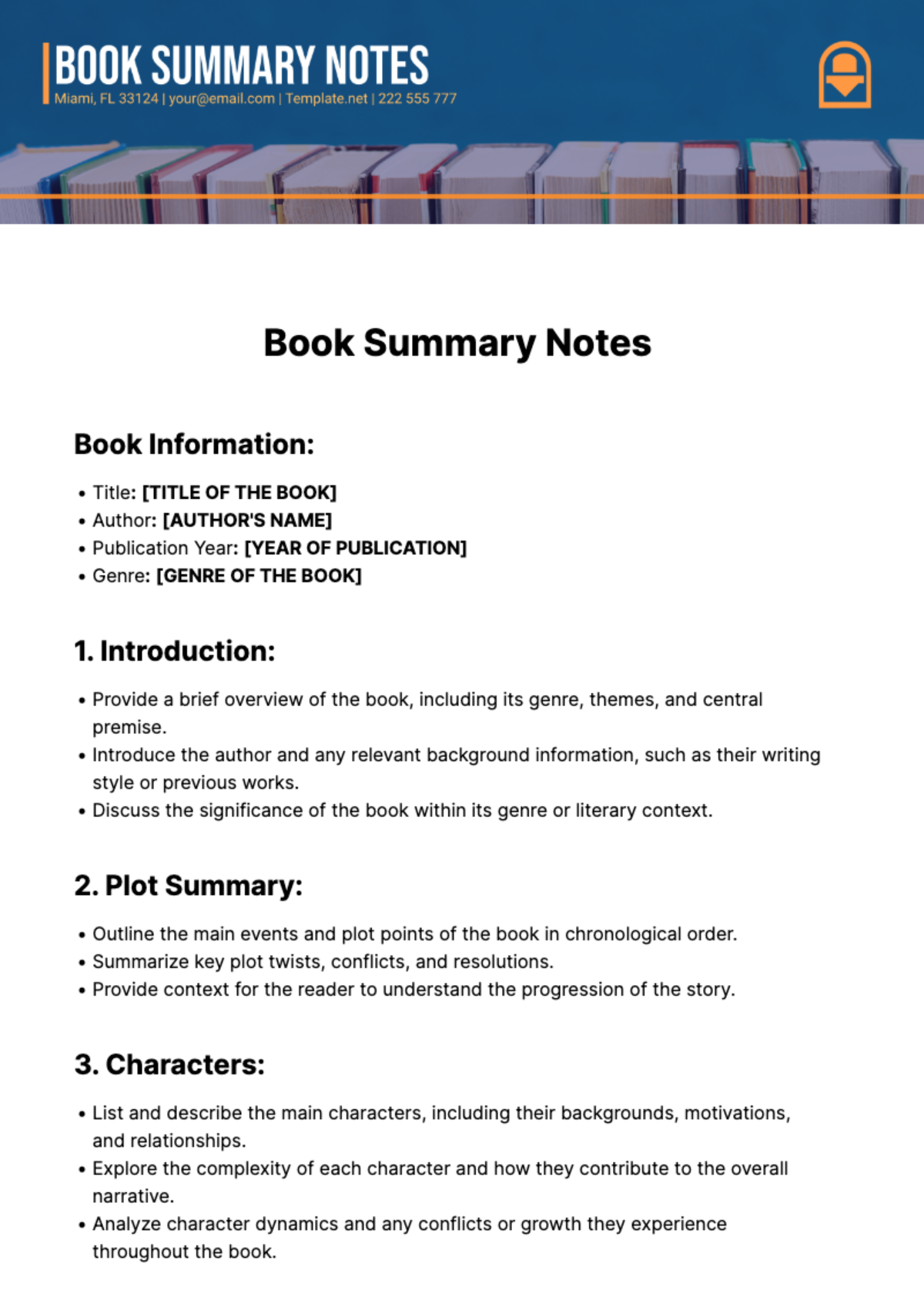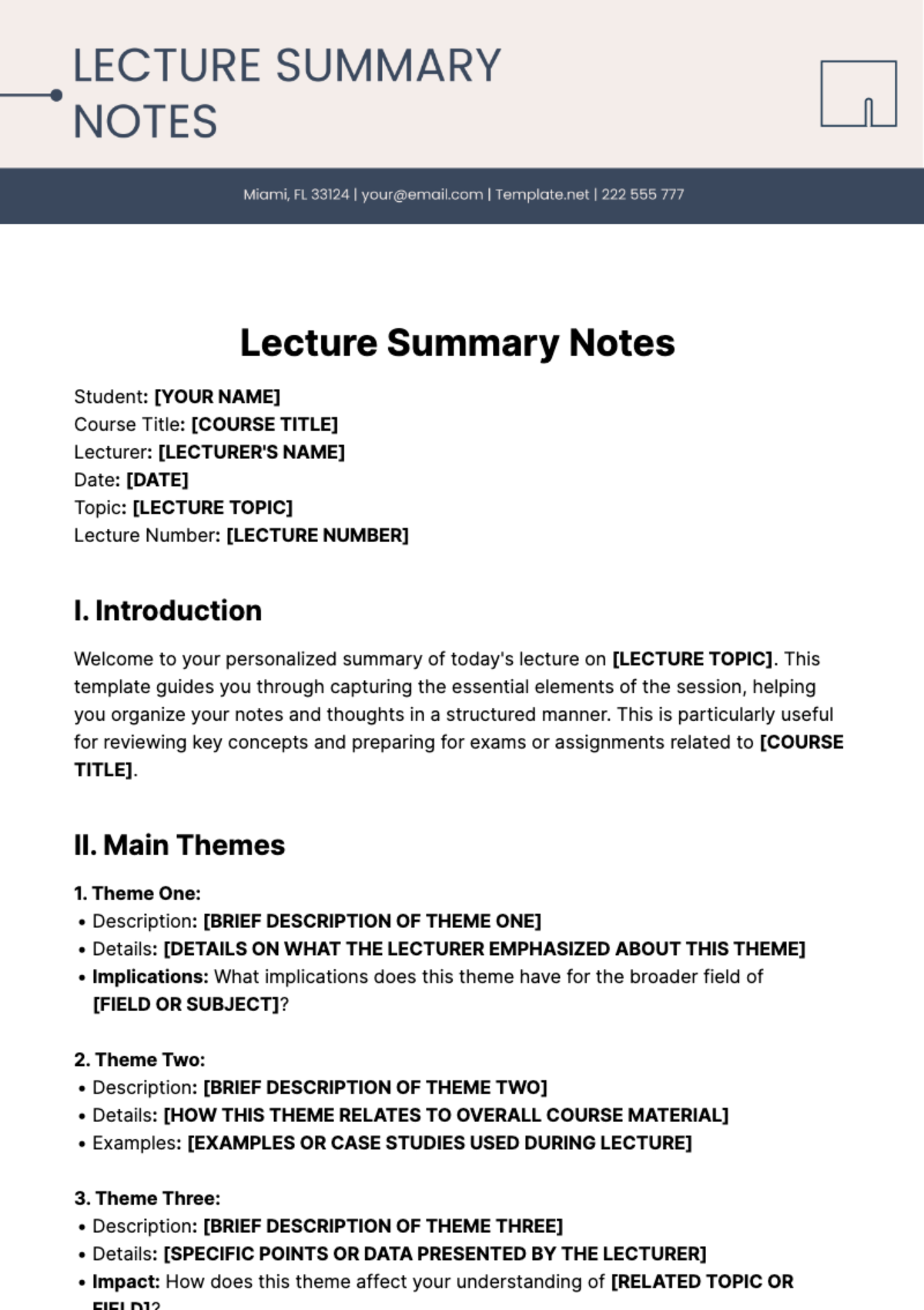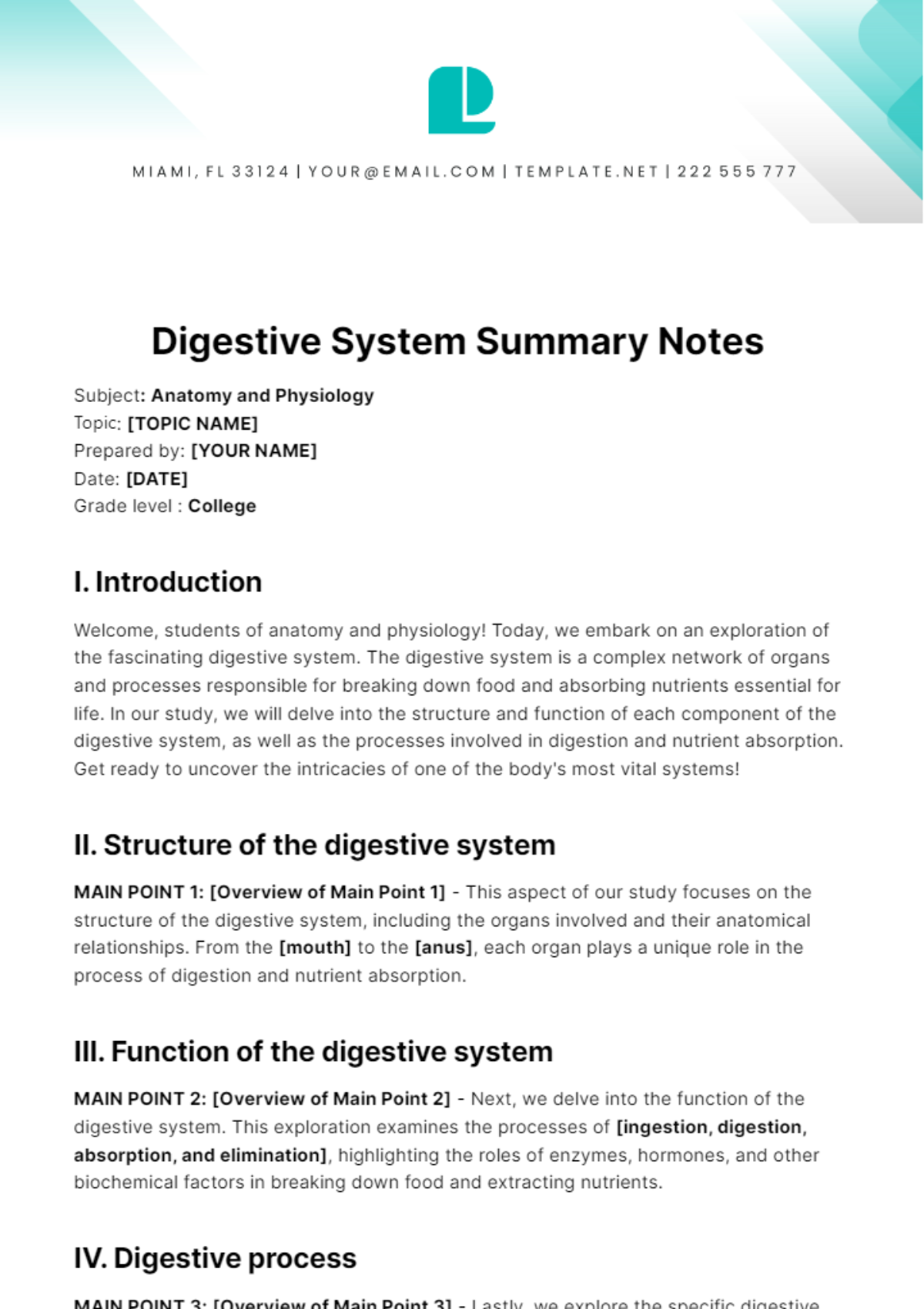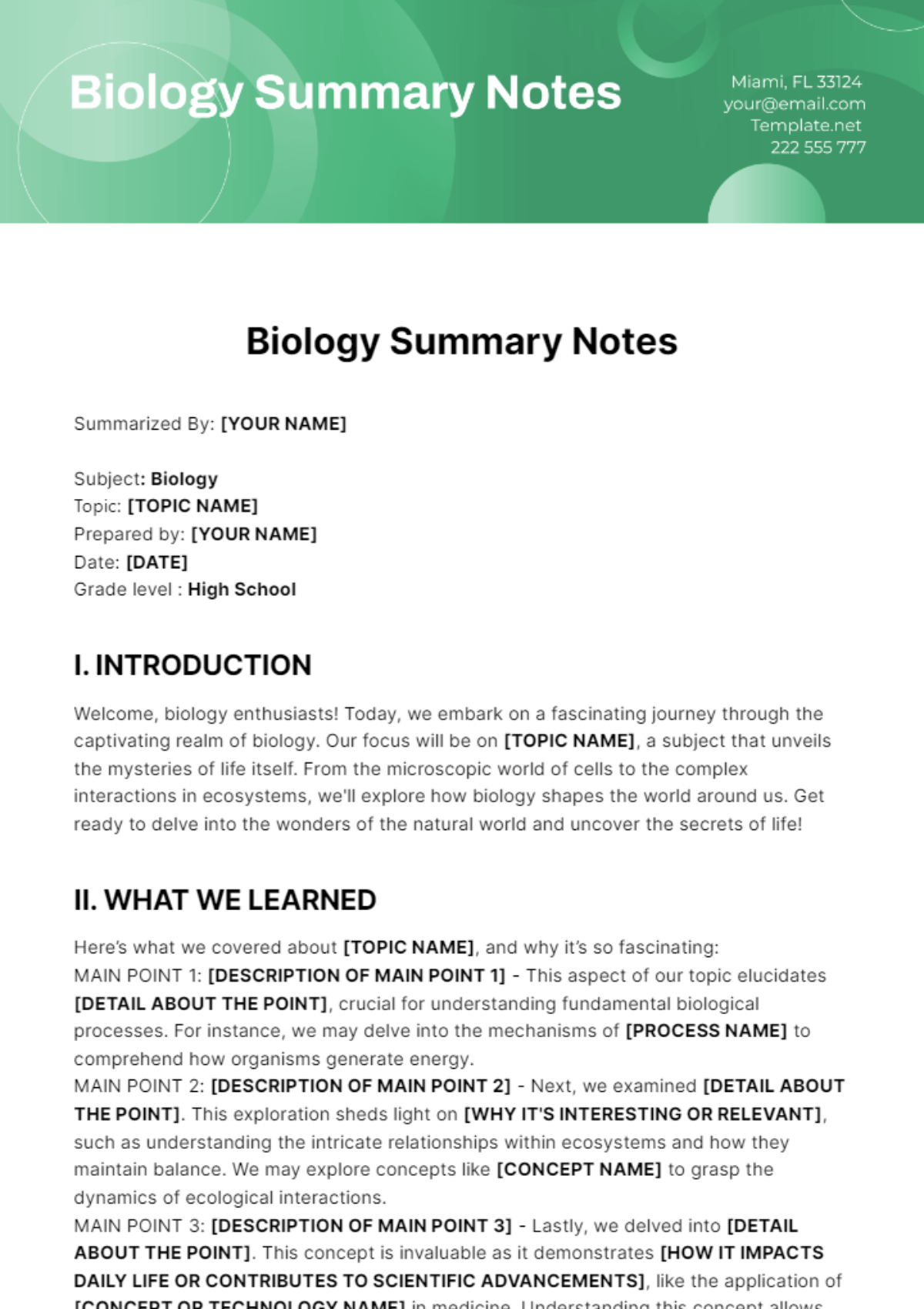Free Death Summary Notes Template
Death Summary Notes
Subject: Death Studies
Topic: [TOPIC NAME]
Prepared by: [YOUR NAME]
Date: [DATE]
Grade level : University
I. INTRODUCTION
Welcome, students of death studies! Today, we embark on a profound exploration of the concept of death. Death is a universal phenomenon that has fascinated humanity for millennia. In our study, we will delve into the various aspects of death, including its cultural, psychological, and biological dimensions. Prepare to contemplate the mysteries of mortality and gain a deeper understanding of this inevitable aspect of the human experience.
II. PSYCHOLOGICAL ASPECTS OF DEATH
MAIN POINT 1: [Description of Main Point 1] - This aspect of our topic delves into [Detail about the point], essential for comprehending the psychological and emotional impact of death on individuals and societies. For example, we may explore theories of grief and bereavement to understand how humans cope with loss.
III. CULTURAL PERSPECTIVES ON DEATH
MAIN POINT 2:
[DESCRIPTION OF MAIN POINT 2] - Next, we examined
[DETAIL ABOUT THE POINT]. This exploration sheds light on [Why it's interesting or relevant], such as understanding the cultural rituals and traditions surrounding death and mourning. We may explore concepts like [CONCEPT NAME] to grasp the diverse ways in which different cultures perceive and commemorate death.
IV. ETHICAL CONSIDERATIONS IN END-OF-LIFE CARE
MAIN POINT 3:
[DESCRIPTION OF MAIN POINT 3] - Lastly, we delved into [Detail about the point]. This concept is invaluable as it demonstrates How it impacts daily life or contributes to societal norms, like the ethical considerations surrounding end-of-life care and euthanasia. Understanding this concept allows us to critically examine our attitudes towards death and dying.
V. INTERACTIVE ACTIVITIES
ACTIVITY | DESCRIPTION | LEARNING GOAL |
|---|---|---|
ACTIVITY 1: [ACTIVITY NAME] | [Description of an activity related to Main Point 1] - Engage in this activity to explore [TOPIC NAME] principles through creative expression, such as writing a reflection on personal experiences with loss. | To encourage self-reflection and empathy towards the experiences of others dealing with death and grief. |
ACTIVITY 2: [ACTIVITY NAME] | [Description of an activity related to Main Point 2] - Participate in this interactive discussion to examine [TOPIC NAME] concepts from a cross-cultural perspective, sharing insights from different cultural practices and beliefs surrounding death. | To foster an appreciation for cultural diversity and promote understanding of varied perspectives on death and mourning. |
VI. KEY TERMINOLOGY
Let’s recap some essential terms we encountered in our study of [TOPIC NAME]:
[KEYWORD 1]: [DEFINITION OR EXPLANATION] - This term is pivotal in discussing [HOW IT'S USED IN RELATION TO THE TOPIC], like “[KEYWORD 1 EXAMPLE]” in understanding grief psychology.
[KEYWORD 2]: [DEFINITION OR EXPLANATION] - It’s indispensable when exploring [CONTEXT OR EXAMPLE], such as “[KEYWORD 2 EXAMPLE]” in cultural anthropology.
[KEYWORD 3]: [DEFINITION OR EXPLANATION] - This term is vital for understanding [WHY IT'S IMPORTANT], like “[KEYWORD 3 EXAMPLE]” for ethical considerations in end-of-life care.
VII. THOUGHT-PROVOKING QUESTIONS
How does cultural background influence our perceptions of death and dying?
What role does spirituality play in coping with mortality?
How can we promote greater acceptance and understanding of death in society?
These questions prompt deeper reflection on [TOPIC NAME] and encourage further exploration of its complexities.
VIII. CONCLUSION
Congratulations, students! You’ve embarked on a profound journey through the realm of death studies and gained valuable insights into the multifaceted nature of death. As you continue your exploration, remember to approach the subject with sensitivity and compassion, for death is a topic that touches us all. Keep questioning, keep learning, and let your understanding of death enrich your appreciation for the precious gift of life.
